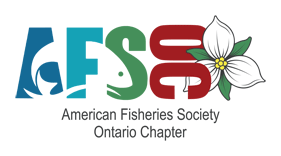An Updated Assessment of Human Activities, the Environment, and Freshwater Fish Biodiversity in Canada
Changes in resource development and expansions of urban centres suggest that the intensity and types of anthropogenic stressors affecting Canada’s watersheds are changing. Chu et al. (2003) integrated indices of freshwater fish biodiversity, environmental conditions, and anthropogenic stress to identify priority watersheds for conservation and management. Here, we update those indices using recent climate and census data to assess changes through time. We also applied different conservation and management scenarios to evaluate the robustness of our prioritization approach. Between time periods, the environmental and stress indices expanded northward because of warmer temperatures at higher latitudes and more intense anthropogenic stress in the northern regions of the provinces.
